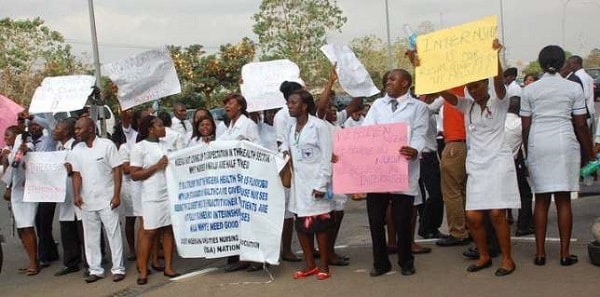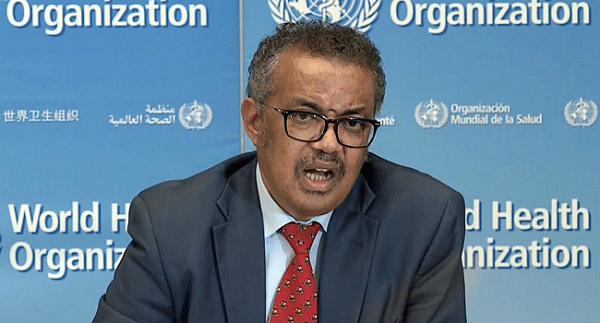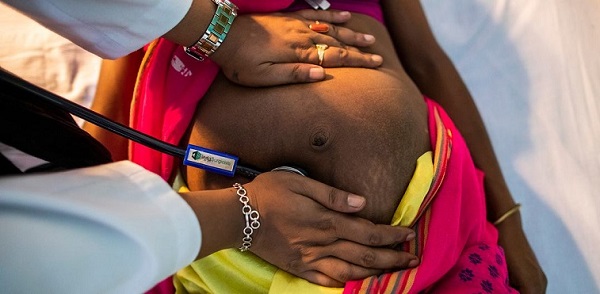The Assembly of Health Care Professional Association and the Joint Health Sector Unions have instructed their members to go on an indefinite strike.
This was stated during a news conference on Thursday in Abuja by Dr. Obinna Ogbonna, National Vice President of JOHESU.
The Medical and Health Workers Union of Nigeria, the Nigeria Union of Allied Health Professionals, the Non-Academic Staff Union of Educational and Associated Institutions, and the Senior Staff Association of Universities' Teaching Hospitals, Research Institutes, and Associated Institutions all fall under the umbrella organization known as JOHESU.
In a letter dated May 9, 2023, the leadership of JOHESU gave the federal government a 15-day deadline over what they said were the government's inconsistencies in the current talks to change the Consolidated Health Salary Structure for health workers on their platforms. The 15-day deadline began on May 10, 2023, and it will end on May 24, 2023, at midnight.
Obinna said, “It becomes imperative to inform you that since the Federal Government is yet to meet these demands, our members have been directed by the JOHESU National Executive Council to proceed on an indefinite strike action upon expiration of the ultimatum by midnight of May 25, 2023.”












